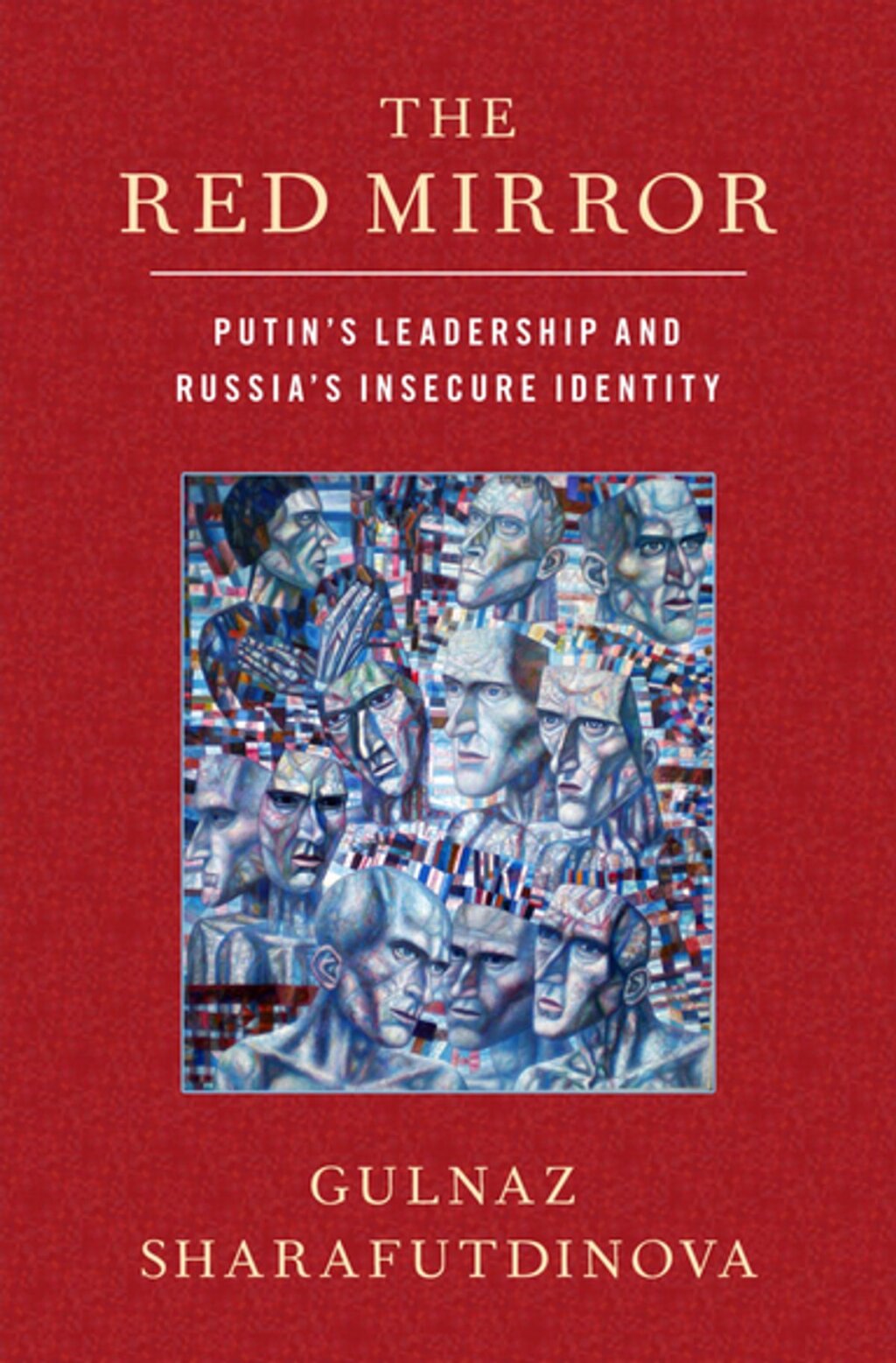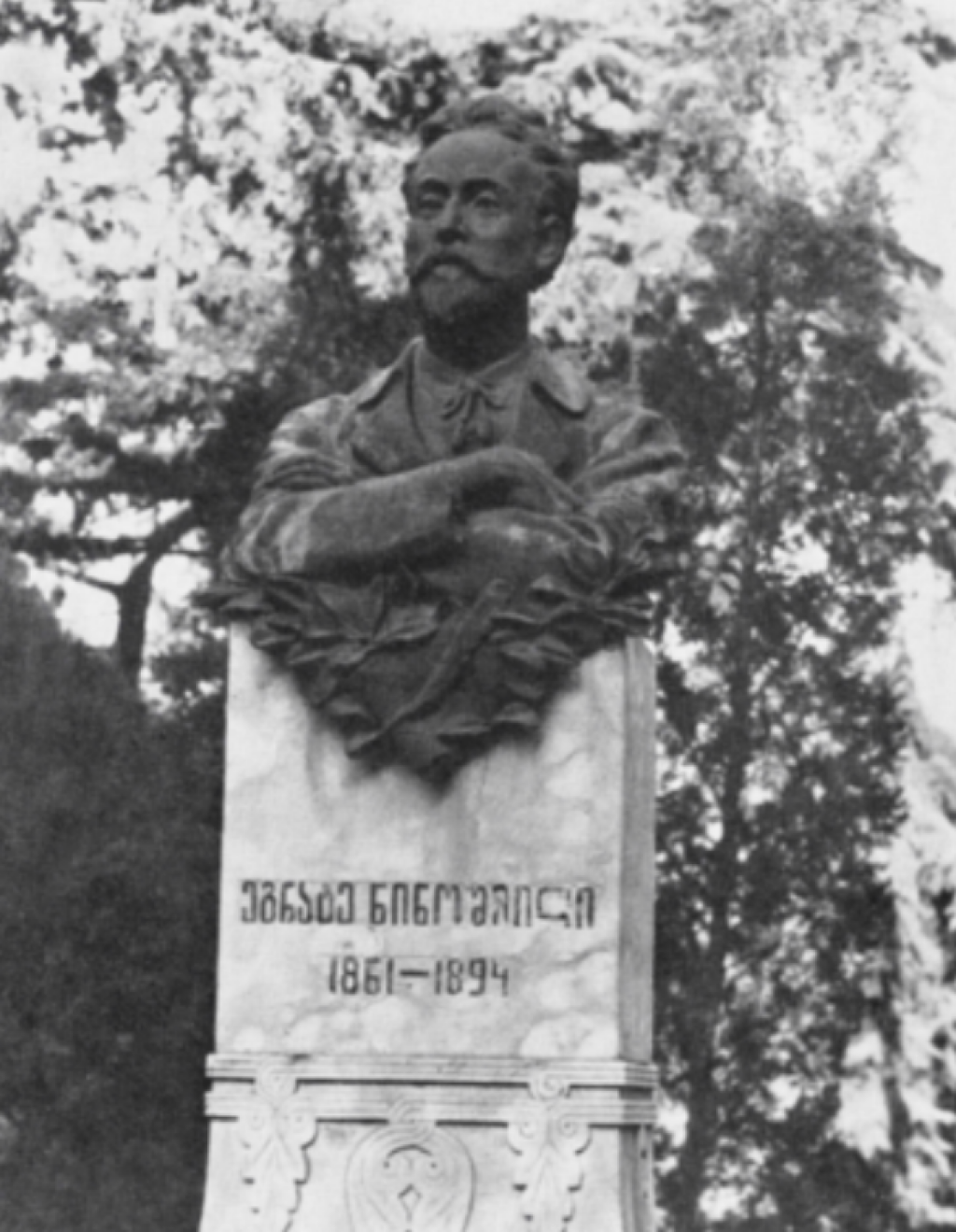Gulnaz Sharafutdinova is a Reader at Russia Institute, King's College London.
In my upcoming book, The Red Mirror: Putin’s Leadership and Russia’s Insecure Identity (Oxford University Press, October 2020), I explore the roots of the Kremlin’s success in shaping public opinion in Russia after Crimea. Following other scholars who have highlighted the social factors at play in Putin’s Russia (Greene and Robertson 2019), I look into the collective identity politics that have transformed Putin’s leadership from that of Russia’s second president to his new role as an irreplaceable (in many eyes) Leader “who has crafted a sense of collective belonging that the Russian people desired, who has defended the priorities and interests of the Russian state and nation, and who has increased the collective prestige of the Russian community on a global scale.”
My book emphasizes that any leadership phenomenon is really a phenomenon not of one man, but of a relationship between leader and followers that arises within a particular historical context. This relationship rests on the significance of collective identity — the shared sense of “us”— for individual well-being and the degree to which parties to the leadership process define themselves in terms of a shared group membership. The new symbolic quality of Putin’s leadership after the 2014 Crimea annexation has been captured by the Kremlin’s chief of staff, who posited in 2014 that “There is no Russia today if there is no Putin.” How did the Kremlin achieve such success?
In contrast to other commentators highlighting the lies and manipulations disseminated by the Kremlin’s formidable propaganda machine, my book also looks into the frames and meanings that provide the Kremlin-controlled media machine with potency, resilience and resonance among the Russian public. I argue that many Russians are not simply duped by the propaganda emanating from the Kremlin, but that the consensus is first founded around the deeper issues of "collective trauma" associated with the 1990s transition and the assertion and assumption that things have improved since that traumatic decade on all fronts: economic, geopolitical, cultural, etc. It is this socially-shared representation of the 1990s that is endorsed and promoted by the Kremlin and that resonates in a society that enables the Russian authorities to promote fabricated and packaged news that paint a picture of Russia surrounded by enemies, taking the moral high ground in tumultuous times.
The unprecedented social and economic damage associated with the COVID-19 pandemic unsettles the Kremlin's successful self-legitimation. The political countertrends in Russian public opinion already started in 2018, following an unpopular pension reform that raised the pension age for Russian citizens by five years (thereby dipping into the pockets of ordinary Russians). The 2020 pandemic represents another blow to the Kremlin’s legitimation strategy, which generally focuses on international prestige as well as promoting pride, patriotism, and collective self-esteem.
From the beginning of the pandemic, the Russian government instituted very tight control over all information related to the spread of the coronavirus in Russia. It highlighted Russia’s lower mortality rate and focused on advances in developing and registering the first COVID-19 vaccine. The label of "Sputnik-V" hearkened back to the Cold War-era space race and Soviet achievements in this sphere. Meanwhile, the truth about the spread of the virus in Russia was kept secret. Medical authorities, responding to executive pressure, controlled reporting about the infection, diagnosing many cases of the virus as pneumonia and attributing the causes of death to other, more proximate reasons like cardiovascular or renal failure — even when these causes were spurred by the virus.
At the same time, alternative means of getting to the truth about coronavirus spread in Russia demonstrate that, contrary to official reports, the death toll from the pandemic is still rising as localized pockets of infection affect different regions, cities, and localities across the country. As hundreds of thousands of Russians sicken, they inevitably come into contact with the failing healthcare system and must come to terms with the fact that the Russian state does not have social safety mechanisms capable of alleviating the new economic problems the pandemic is causing.
The public response to news about the Russian vaccine offers a snapshot of these new trends. According to a Levada poll conducted in late August, only 18% of Russians felt pride about the registration of a new, Russian COVID-19 vaccine. Meanwhile, 40% of Russians expressed skepticism and distrust; 6% expressed fear; and 10% were indifferent. More than half of poll respondents were not ready to use the vaccine if it became available. Thus, the Kremlin’s purported achievement in the global race for a vaccine fell flat among domestic audiences in Russia.
The persistent protests in the Khabarovsk region since July 11, 2020 have inaugurated a new period of fragility for the Russian political regime, showing that the collective identity politics that helped consolidate Russian society in the wake of Crimea are not so effective in the face of mounting social, economic, and health concerns. Internationally, the ongoing anti-Lukashenko protests in Belarus — which were activated by Belarusians' resentment of how the government has handled the health crisis — are a crucial test for the Kremlin: the political stakes in resolving the Belarusian crisis are much higher than they would otherwise be. The Kremlin’s involvement on Lukashenko's side is a throwback to the 2004 Orange Revolution in Ukraine, when the Kremlin sided with the pro-Russian politician (Yanukovich) against the popular choice (Yushchenko). Russian society itself, on the other hand, is split along generational lines in people's assessments of Belarusian protests. Whereas younger people tend to sympathize with the protesters, older people see the protests as instigated by the West. These recent developments demonstrate, in particular, that collective identity-based politics à la Kremlin might still appeal to particular segments of the Russian society, while remaining unconvincing to the younger generations representing Russia’s future.



